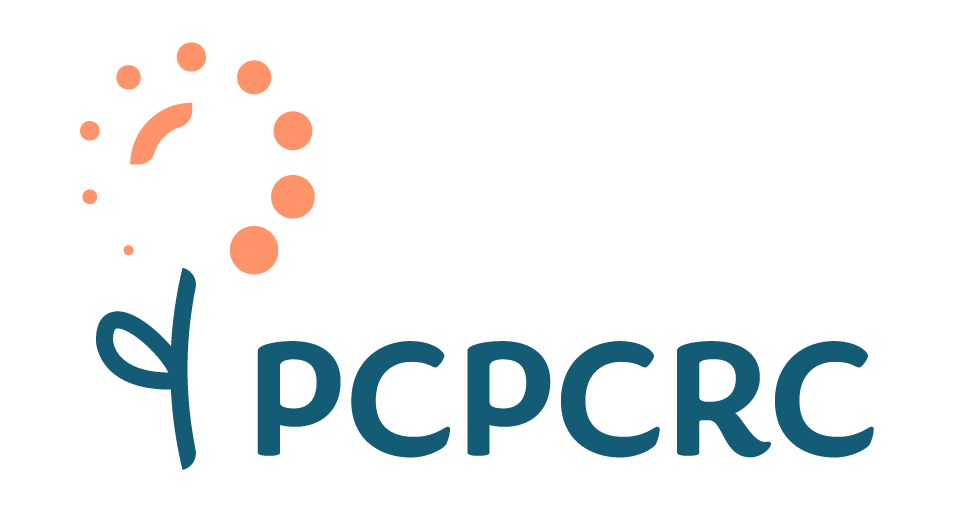
With over 100 investigators, healthcare providers, trainees, community and policy stakeholders, and patient and family partner members, the Pan-Canadian Palliative Care Research Collaborative is a network of practice-focused research groups aiming to produce high-quality palliative care research.
Our members have a passion for research and are looking to be actively involved in a palliative care research network. They come from many disciplines and include patients, caregivers, trainees, policy makers, clinicians, and researchers.
For PCPCRC member Dr. Aynharan Sinnarajah, identifying gaps and potential opportunities to grow palliative care access is a key research interest. His current PCPCRC project, “Improving Cancer Survivors’ Access to Timely Palliative Care,” looks at how electronic medical records (EMRs) can be leveraged to make it easier to do the right thing—provide an early palliative approach to care, when needed. The project is focused on oncology clinicians in the outpatient world, aiming to build clinical decision support into the EMRs. The team is testing the program and evaluating to see if, and how, it changes clinician behaviour.
Dr. Sinnarajah is the Division Head for Palliative Care at Lakeridge Health, and the Dr. Gillian Gilchrist Chair in Palliative Care Research with Lakeridge Health and Queen’s University. With 18 total years of clinical, research, and leadership experience in Ontario and Alberta, Dr. Sinnarajah is involved in projects in both provinces. His work focuses on population-level databases and access, and how palliative care is being used and accessed. He co-founded and co-leads the PaCES (Palliative Care Early and Systematic) project in Alberta, aiming to improve systematic early palliative care for patients living with advanced cancer and non-cancer illnesses.
Dr. Sinnarajah’s multi-provincial perspective supports the PCPCRC’s aim of cross-country collaboration. He has been a member of the PCPCRC for several years, since before the network’s receipt of funding from Health Canada in 2021. He has noticed significant development since this funding: “it really became more dedicated,” he says. “The opportunities it provides for trainees and residents visibly help bring along new researchers and help to grow their careers.”
But the PCPCRC’s biggest strength, he says, is the solid membership. “The great success and incentive is that most of the Canadian palliative care researchers are part of this network. It is that one place to get feedback.” The opportunity to present and get feedback “from all the national leaders on palliative care research” is key. “It’s the only national group that brings together those palliative care researchers in Canada.”

